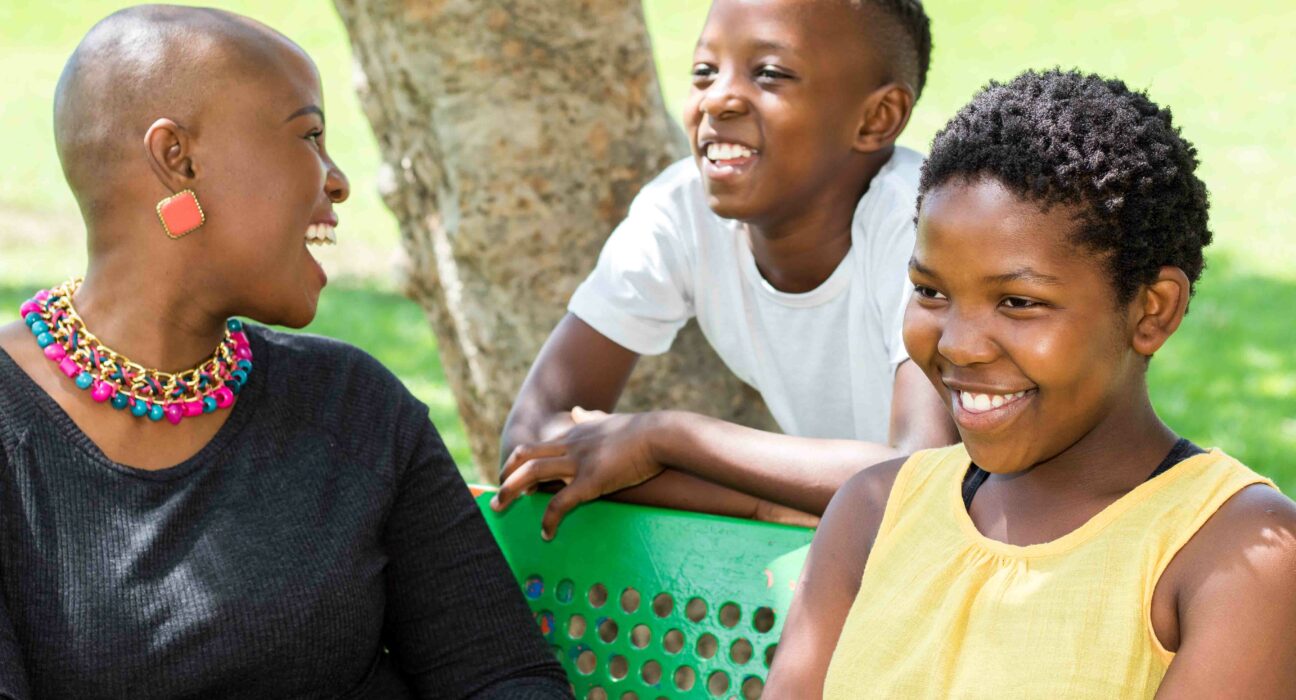By Maureen Nakatudde
Her friends encouraged her to get a boyfriend, but 14-year-old Shakira (not her real name) was nervous about the idea. Yet she felt odd among her friends at a secondary school in Mayuge district because they all had boyfriends.
So, in 2020, a friend introduced to her a 25-year-old man, who lured her into sex. “I knew nothing about sex and that unpleasant experience left me shocked,” she says. “I didn’t want to talk for a week. I didn’t know the implications of engaging in sexual activity before meeting this man,”
Shakira says the sex education she received in primary did not give her a better understanding of the dangers of engaging in early sex. That is why she never thought she was pregnant when she missed her menstruation periods.
It is the changes to her body, she says, that helped her realise something wasn’t right. A pregnancy test recommended by her mother confirmed she was carrying a baby.
“I only slept with this man once,” Shakira remembers telling her mother after learning she was pregnant, which further shows her naivety.
Many Ugandan girls like Shakira get involved in sex without a proper understanding of the dangers of sexual relationships in a country where sex education is largely left to teachers, with parents feeling incompetent to discuss the subject with their children.
However, some parents and counsellors think the current long holiday presents an opportunity for parents to start conversations about sex with their adolescent children.
WHEN TO START
Fagil Mandy, an educationist says parents ought to start sharing information about sex with their children as soon as they start asking questions, for instance, about their body parts.
“Parents should start by naming each of the body parts including the private ones,” Mande says. “The children need to know the importance of these parts, let’s say, eyes are for seeing while private parts are used for passing out urine,”
Mandy says avoiding conversations around sex-related issues only denies the children an opportunity to receive crucial information.
“Elementary information about the names of body parts can be given in the first eight years,” he adds. “Let them know their basic functions,”
After the first eight years or even before, the parents, according to Mandy, need to equip themselves with the knowledge and skills to share with their children relevant information on sexual activity: what it means and its implications.
“At 12 or 13, children should know more about the functions of each body part because their bodies will be changing. Many girls will start experiencing menstruation periods, while boys will start to have wet dreams,”

EQUIPPING YOUR CHILD
As they progress further into teenagerhood (13-19 years), your children will start to experience sexual feelings – presenting you with an opportunity to share with them information on how to handle those emotions, says Mande. “At this time, they know the difference between a boy and a girl and that boys and girls have a few different body parts,”
Fred Muwawu Bakidde, a medical doctor in Mpigi district, says sharing sex-related information with your children as early as possible arms them with tools to resist wrong ideas around sex.
“If they don’t get this crucial information from a parent, they could get the wrong information about it from others outside your family,” he adds. “Tell your children no one should touch their knickers or private parts except you,”
A study published in the International Journal of Academic Research in Progressive Education and Development this year shows that children who don’t receive sex education either at home or school tend to get it from other sources.
These sources, according to the study, which examined sex education in primary schools in Uganda and the parents’ attitudes towards it, include household workers, relatives, friends and the media.
FIRST TEACHER
The study says that families ought to be primary sources of information on sex, while schools should be secondary. “Parents have a critical role in their children’s sexual education. As such, parents are children’s very first main teachers, and the family is their first social milieu,” it says.
As Betty Nanyonga, a senior mathematics lecturer at Makerere University says, in this digital age, many children learn about sex from external sources other than their parents – which is dangerous.
If you don’t feel comfortable sharing sex-related information with your children in their first eight years of life, Sarah Nagendo, a parent and head teacher at Lohana Primary School, and Fulgensia Mbabazi, the deputy dean of the faculty of science and Education at Busitema University, say it’s still fine to do so when they become teenagers.
“Many girls will have started experiencing menstruation periods at 13 years. Boys and girls need to know the dangers of early sex,” Mbabazi says.
Simply cautioning children against engaging in sexual activities without telling them what it means and the dangers associated with it is not useful. Mande says this only raises the children’s curiosity to find out. “The idea that children will learn about sex on their own is wrong. They will get the wrong information,” he adds.
YOUR RESPONSIBILITY
Rosette Nanyanzi, the gender technical adviser at the ministry of education and sports, says sex education has long been part of the curriculum to arm children with the relevant information to guard against dangers associated with early sex.
Sex education, she explains, isn’t only delivered during lessons in classrooms, but also through co-curricular activities and programmes like menstruation health, life skills and management of teenage pregnancies. But Nanyanzi says the responsibility of delivering sex education does not rest with the schools alone, but also with the parents.
“The parents should do their part. Many girls got pregnant during the COVID-19 pandemic and schools cannot be blamed for not giving these children information,” she adds.
More so, a 2022 study published in the International Journal of Academic Research in Progressive Education and Development shows that some teachers in Uganda and other East African don’t like teaching sex education in schools as they are “more traditional”
There is no specific age for initiating sex education for your child. So, you can start talking about sex with them when it feels appropriate.
A 2013 study published in the Texila International Journal of Public Health showed that more Ugandan parents believe talking about sex-related matters with children has numerous benefits for the child.
That’s why Shakira, who has since returned to school, says she would probably not have been lured into sex if her parents had talked to her about its dangers. “I was angry and disappointed (after having sex). If felt useless and embarrassed. I did not want to see that man in my life again,” she says.
Benefits of talking about sex with your child
– Reduces risky sexual behaviours
– Builds a bond between parent and child
– Opens up communication
– Child values their life more
– Child makes informed decisions on sex
– Reduces risks of unwanted pregnancies and marriages
– Protects child from sexually transmitted diseases
– Child develops respectful social and sexual relationships
– Child knows their choice affects others
Why parents don’t talk about sex with children
– They feel incompetent and embarrassed
– Poor relationships between parent and child
– Lack of skills and knowledge
– Lack of information to share
– Lack of a conducive environment
– Poor communication skills
– Misconceptions about sex education
– Harsh parents stop children from opening up
– Attitude that sex education doesn’t matter
Sources: Texila International Journal of Public Health 2013, Global Journal of Health Science, 2015, International Journal of Academic Research in Progressive Education and Development, 2022









Leave feedback about this